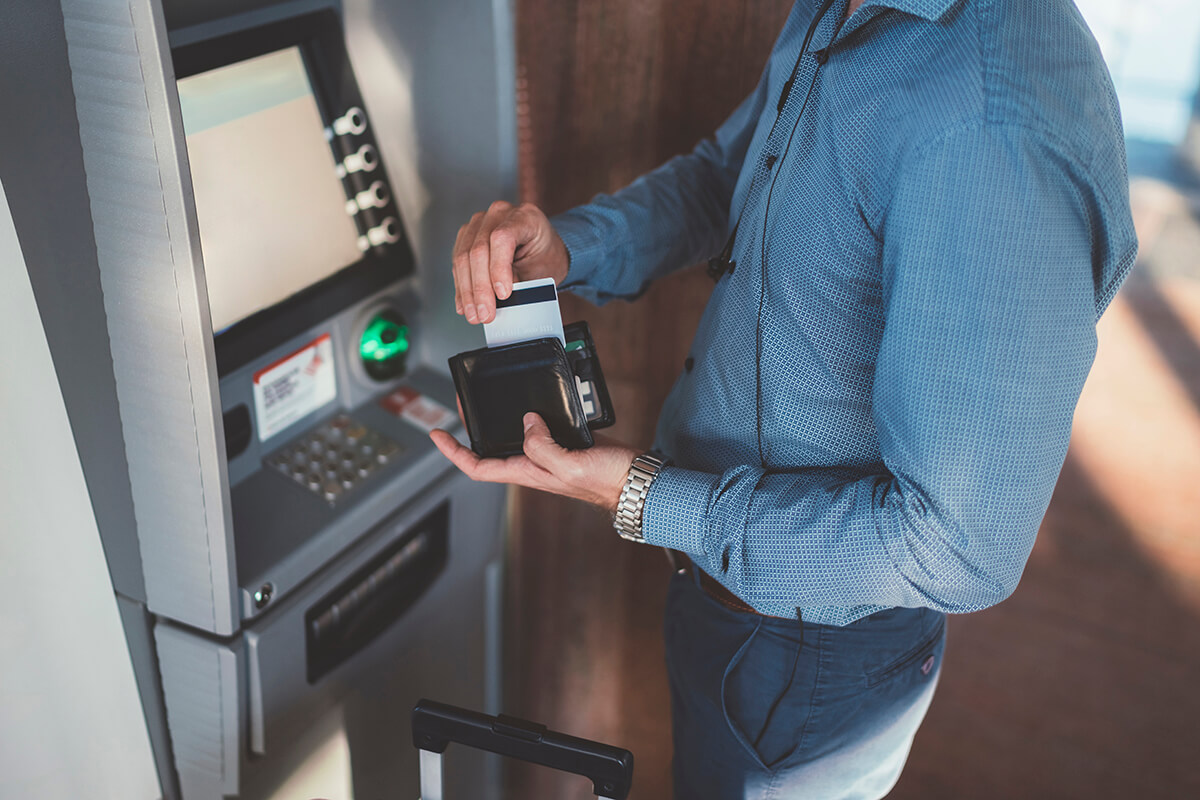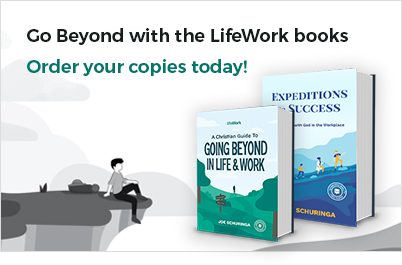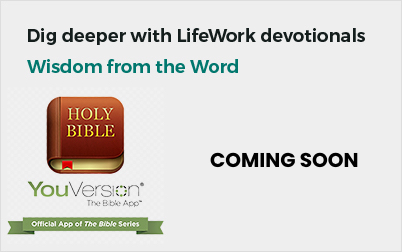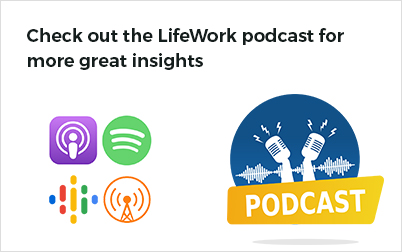We all know about bank accounts, and how life has a way of becoming stressful if they’re not in good shape. And we all know about charge accounts, which includes credit cards; most of us have more than one of those, and most of us also know we’d better not overload them if we want to live tranquil lives. People with heavy credit card debt are inevitably plagued with financial insecurity and anxiety. It’s my hope you are not in this group.
Credit cards and charge accounts deal with money, of course, and are mostly held by banks or businesses. However, there’s another type of account that we all have, whether we know it or not. It’s the goodwill account, and deposits made into it are not financial. What’s so unique about this account is that we all have one we hold ourselves, as well as many others held for us by our friends, family members, co-workers, business associates, neighbours, and any other people with whom we rub shoulders. These goodwill accounts have one thing in common with our bank accounts: you can draw out only what you’ve deposited, or you’ll run into difficulties. There are, unfortunately, no overdraft privileges here.
What does this goodwill account look like, and why is it held for you by other people? Valid question. Your goodwill deposits are all the kindnesses you’ve done for someone, all the help you’ve offered or given them, the promises you’ve made and kept, the patience or forgiveness you’ve shown—even the gratitude you’ve expressed when you were on the receiving end yourself. All these kind actions, and others of the same nature, are deposits in the goodwill account you have with that person. When you in turn need help from them, you can draw on the goodwill you’ve built up in the relationship; it’s a very valuable asset!
In the workplace, this goodwill account is vital for career and business growth. For example, say you’ve just helped your colleague solve a problem, or maybe even just brought her a coffee without being asked. This is a deposit in your goodwill account, the one they are holding with your name on it. It helps to make them well-disposed towards you; that’s what goodwill means. You can look forward to that colleague’s help or support when you need it, or their simple good wishes and friendly acknowledgment when you don’t. They in turn are either building a goodwill account with you, or trying to make withdrawals when there’s nothing there to withdraw. An overdraft on a goodwill account produces nothing but resentment and ill will, which bodes no good for either party in the relationship.
In a business, goodwill deposits are made with suppliers, for example, by paying bills on time, dealing fairly, expressing gratitude for what they contribute to your business, and not abusing the supplier relationship with unreasonable demands. Goodwill deposits are made with clients or customers by delivering quality products or services in a timely fashion for a fair price, and by going the extra mile to provide what they need or to honour your guarantee.
In all our relationships we are either making goodwill deposits or making withdrawals. Our relationships run so much more smoothly when our goodwill accounts are kept topped up with regular deposits. But take note! It doesn’t take much by way of withdrawals to empty an account, so you need to be careful. Keep your withdrawals as few and as modest as you can. You may want to check the current bottom line in your goodwill account with your boss, colleagues, or employees, or with your spouse. Do you have a healthy balance in there, or are you in danger of being overdrawn?
Jesus said, “As you give, so shall you receive.” This truth applies here as it does everywhere else. Be someone who makes plenty of goodwill deposits to those in your sphere of influence, and you will reap much blessing.



